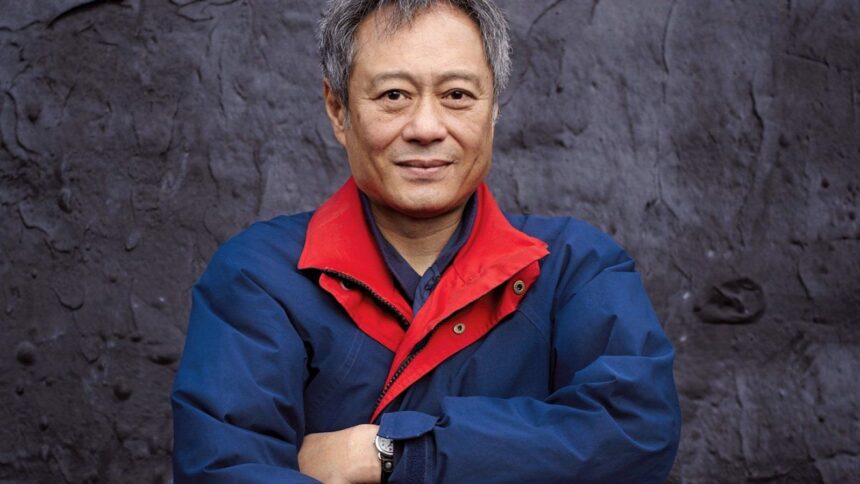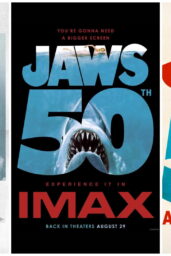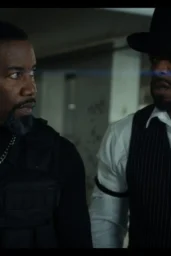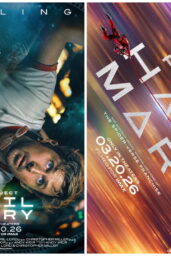Cinema's evolution has left even the greatest innovators pondering its future. Ang Lee, a three-time Oscar winner and one of world cinema's foremost visionaries, is among them. At the Praemium Imperiale Award ceremony in Tokyo, an event often referred to as the “Nobel Prize for the arts,” Lee shared his thoughts on the current state of the industry.
“I haven't made a movie for six years, and I don't know where to start again,” Lee admitted, reflecting on the shifting landscape. “Cinema needs a drastic change. If we continue down the same path, it will be a dead end. We need something that will make audiences marvel again.” His words underline the challenges faced by traditional filmmaking, especially in an era where attention spans are short, and smartphones dominate the entertainment landscape.
Lee reminisced about the time when movie theaters served as collective spaces of transcendence, likening them to temples where audiences could escape together. Now, he observes, even asking viewers to part with their phones feels like an impossible task.
Despite these concerns, Lee remains committed to cinema's potential to explore humanity's depths. His creative energies are reportedly leaning toward a Bruce Lee biopic, a project he promises to approach with innovation. Known for experimenting with film formats like 3D in Billy Lynn's Long Halftime Walk and Gemini Man, Lee has recently distanced himself from the medium, stating earlier this year that 3D filmmaking is both “too hard” and not worth the effort.
Looking back, Ang Lee's career highlights a remarkable ability to blend diverse genres and cultures. Films like Crouching Tiger, Hidden Dragon, Brokeback Mountain, and Life of Pi have redefined storytelling, captivating audiences worldwide. His artistic detours, even when commercially divisive, showcase his willingness to challenge norms.
As Ang Lee contemplates his next move, his desire for transformation could spark the very renaissance he hopes to see. The rumored Bruce Lee biopic might just be the project to bridge cinematic tradition with the innovation required for its survival.
Ang Lee's concerns reflect the struggles of a traditional medium caught in a whirlwind of technological and societal changes. His candid remarks highlight the growing disconnect between filmmakers and modern audiences, who increasingly consume media on digital platforms. While it's understandable that Lee feels uncertain, his track record as a storyteller brimming with ingenuity offers hope. A Bruce Lee biopic, handled with his trademark sophistication, could reignite cinematic wonder.
One can't help but admire his openness to experimentation. Even in his “failures,” such as Gemini Man, Lee dared to push boundaries, a trait sorely needed in today's formulaic industry. His insights offer a sobering yet optimistic reminder of cinema's enduring power to adapt and inspire.
Do you think Ang Lee's concerns about cinema are valid, or is the industry already evolving to meet modern expectations?












